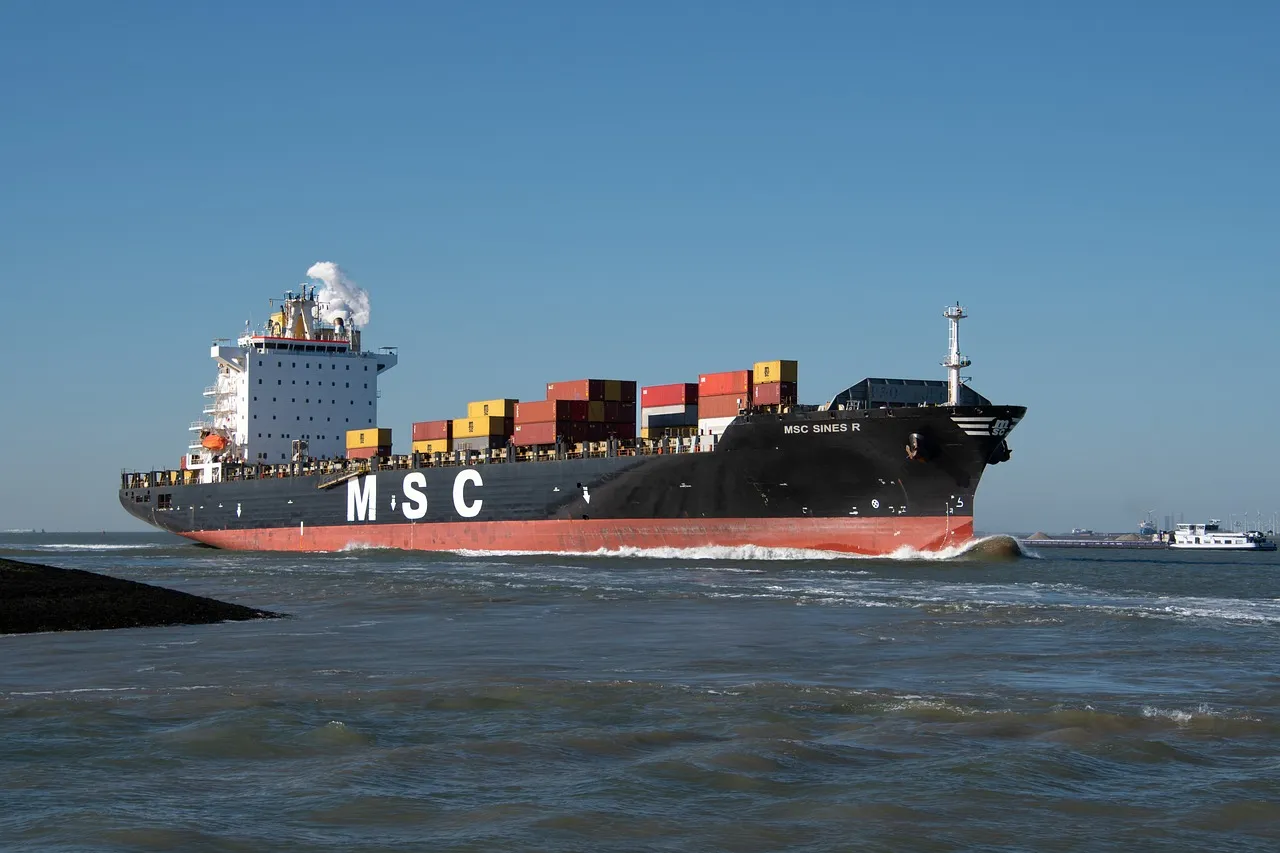On the vast stage of international trade, import and export agency businesses are becoming increasingly active. For many enterprises, leveraging professional import and export agency companies can effectively solve numerous challenges in the import and export process. However, the aspect of import and export agent tax payment often leaves many practitioners perplexed. Today, let us delve into this critical area and clarify the uncertainties for you.

Types of Import and Export Agent Tax Payments
Import and export agents are involved with various tax types, most commonly import duties and import VAT (Value Added Tax). Import duties are taxes levied by customs on imported goods, with rates determined by factors such as product category and country of origin. For instance, if Mr. Yue company imports a batch of furniture from Southeast Asia, customs will determine the applicable duty rate based on the furniture's material, purpose, and other factors. Import VAT, on the other hand, is a turnover tax levied based on the added value generated during the circulation of goods. When goods are imported, the import VAT payable is calculated according to the composite taxable price and the prescribed tax rate.
Analysis of the Agent Tax Payment Process
The first step is the declaration phase. Import and export agency companies must truthfully declare detailed information about the goods to customs within the stipulated timeframe, including name, quantity, value, country of origin, etc. Mr. Yue import and export agency company meticulously verifies the information provided by clients every time to ensure the accuracy of the declaration. After receiving the declaration, customs will conduct a review. The review covers aspects such as the accuracy of commodity classification and the reasonableness of the declared price. If customs finds discrepancies in the declared information, they may request supplementary documents or engage in price consultations. After approval, customs will determine the amount of tax payable and issue a tax bill. Import and export agency companies must pay the taxes within the prescribed period, usually through electronic payment, counter payment, or other methods.
Risks and Responses for Businesses
During the import and export agent tax payment process, businesses face numerous risks. Firstly, there's the risk of incorrect tax rate application; unfamiliarity with customs classification rules may lead to applying the wrong tax rate, resulting in overpayment or underpayment of taxes. Secondly, there's the risk of false declaration; providing inaccurate or fraudulent declaration information due to negligence or intent will result in severe penalties from customs. To mitigate these risks, businesses should strengthen internal training to enhance employees' understanding of tax policies and declaration requirements. Concurrently, partnering with professional and experienced import and export agency companies like Zhongmaoda can help mitigate risks through their expertise.
Importance of Import and Export Agent Tax Payments
Accurate and timely import and export agent tax payments are not only crucial for a company's compliant operations but also impact its reputation and costs. Compliant tax payment avoids customs penalties and maintains a positive image for the company in international trade. Strategic tax planning can also help companies reduce costs and enhance competitiveness. For example, by being familiar with tax incentive policies, companies can enjoy corresponding tax reductions and exemptions.
In summary, import and export agent tax payment is a crucial and indispensable aspect of international trade. We hope that when conducting import and export business, companies will pay close attention to this aspect, proactively address potential issues, and ensure smooth operations. If you have further questions regarding import and export agent tax payments, feel free to leave a comment for discussion, and let's explore solutions together.

Recent Comments (0) 0
Leave a Reply